According to a study in China, the knowledge that engineering students receive in university becomes 'useless' in the workplace.
Reasons why university training programs become "useless"
Writing in China Science Daily on December 10, Dr. Liang Xianping, a researcher at South China Normal University (China), said that to face the scientific and technological revolution as well as the transformation of industries, engineers must be able to innovate and solve complex problems. However, the reality of training in the engineering sector in China is hindering this ambition due to difficulties in recruiting students or "theoretical" programs.
To shed more light on this issue, Dr. Liang and his colleagues conducted in-depth interviews in 2023 with 31 people, including engineering graduates from the country’s top universities, recruiters and business leaders, and some university lecturers and administrators. The results of the study showed that in many cases, what students are taught in their university training programs turns out to be “useless” in the workplace.
Specifically analyzing, Ms. Liang identified four main reasons for this situation. One of them is the rigid teaching method, which makes it difficult to combine theory with practice. "Teaching mainly revolves around the curriculum, but the curriculum is outdated... Assessment is also based only on exams and theses, and has not been adjusted to encourage students to practice," the female doctor listed some of the reasons.
"Companies have difficulty recruiting new engineering graduates because their skills do not meet job requirements. Meanwhile, the current education system only focuses on students writing scientific papers and does not pay due attention to developing practical skills," Dr. Liang commented in the official newspaper of the Chinese Academy of Sciences.
Some other reasons given by the female doctor are that the organizational model at universities hinders extensive cooperation between training units and businesses; lacks interdisciplinary integrated training as required by jobs; students themselves lack interest in the industry and do not have clear personal plans for their future careers. "This makes students only know how to study passively and deal with exams," Dr. Liang noted.
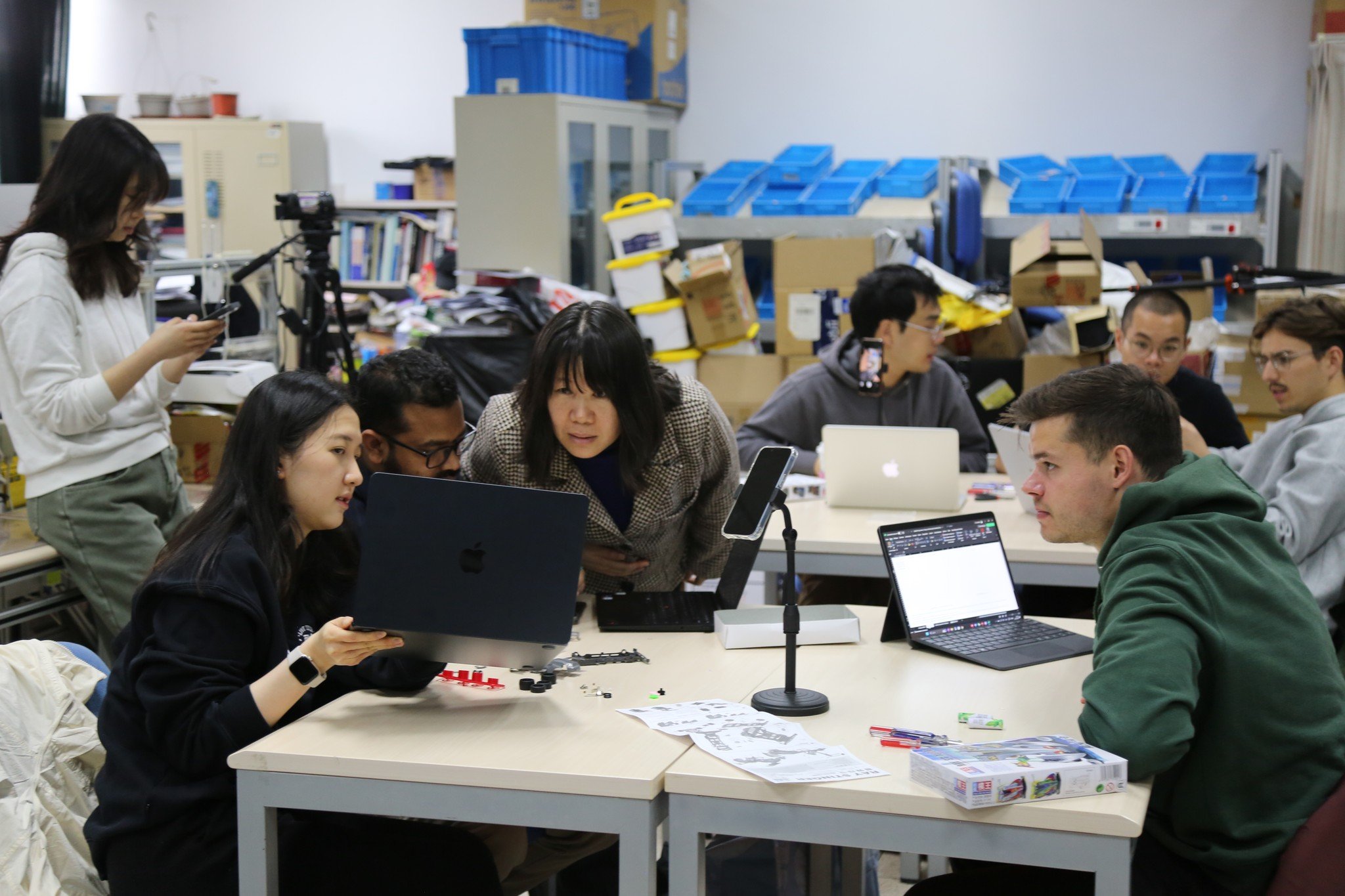
Graduate students majoring in engineering management in a classroom at Tsinghua University (China)
PHOTO: TSINGHUA UNIVERSITY
Solutions to improve student capacity
According to China's Ministry of Education, the country has "the world's largest engineering education system" with more than 6.7 million students studying in 23,000 training programs at colleges and universities by 2023. And according to the South China Morning Post , China is trying to become self-sufficient in key technologies in the context of the US and its allies imposing regulations restricting the export of advanced chips and semiconductor engraving machines to the country.
However, according to a report by the Southwest University of Finance and Economics (China), Chinese students are reluctant to take up technical jobs in the manufacturing sector after graduation, citing low social status and uncompetitive salaries compared to manual labor. In recent years, less than 40% of engineering graduates have chosen these occupations, even though China is expected to need 45 million related workers by 2035.
To improve this, Dr. Liang Xianping said that universities should cooperate more closely with enterprises, provide more internship opportunities for students, and improve the quality of basic science education. It is important to "integrate both inside and outside", build a training mechanism that coordinates many topics and focuses on practice such as practical practice and learning real problems, according to Ms. Liang.
Also related to the aspect of science and technology, the Chinese government recently called on primary and secondary schools to incorporate artificial intelligence (AI) into their curriculum. This is part of a strategy to improve the country's position in the "technology war" with the US, as well as to improve the digital skills and problem-solving ability of the younger generation.
Source: https://thanhnien.vn/sinh-vien-thieu-kien-thuc-co-ban-khi-ra-truong-do-giao-trinh-loi-thoi-185241217141109913.htm




![[Photo] Ministry of Defense sees off relief forces to the airport to Myanmar for mission](https://vstatic.vietnam.vn/vietnam/resource/IMAGE/2025/3/30/245629fab9d644fd909ecd67f1749123)







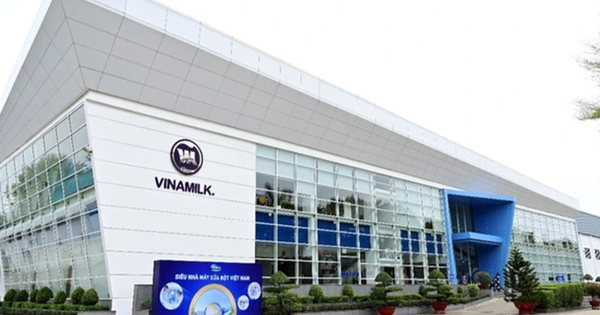





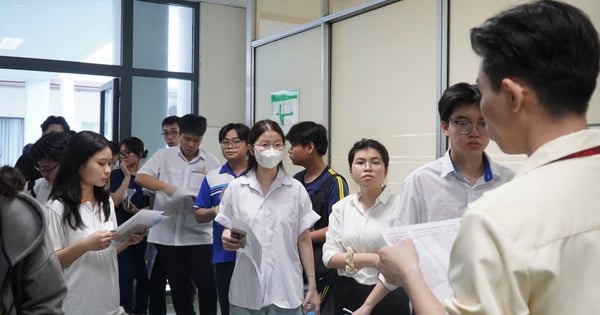


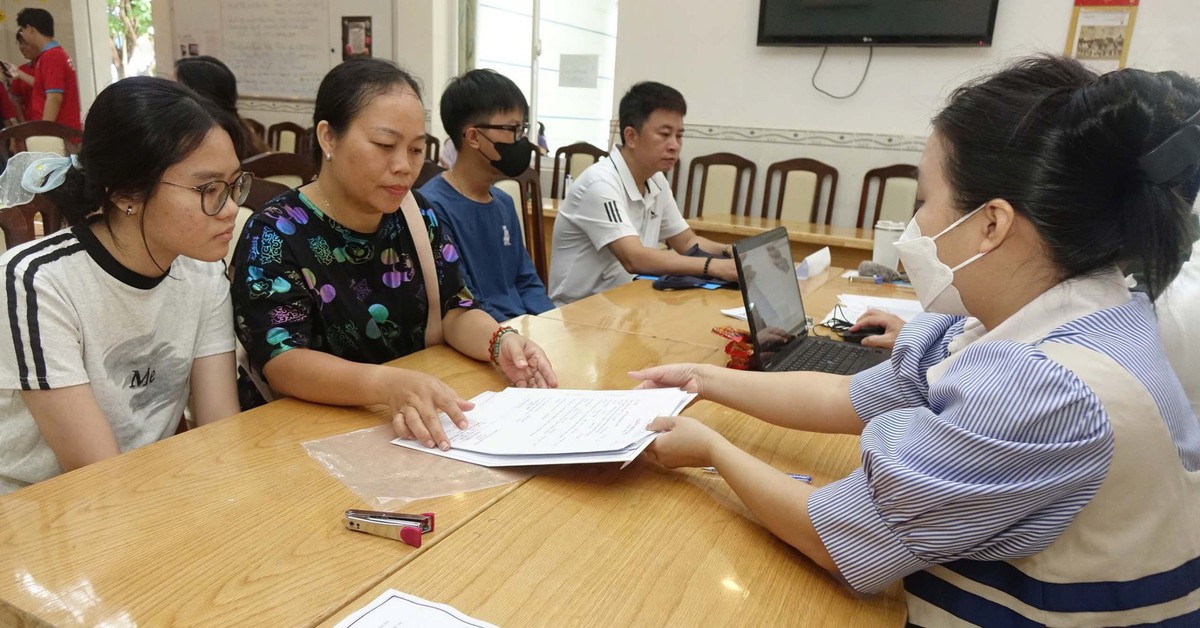










![[Photo] Prime Minister Pham Minh Chinh chairs meeting to remove difficulties for projects](https://vstatic.vietnam.vn/vietnam/resource/IMAGE/2025/3/30/7d354a396d4e4699adc2ccc0d44fbd4f)












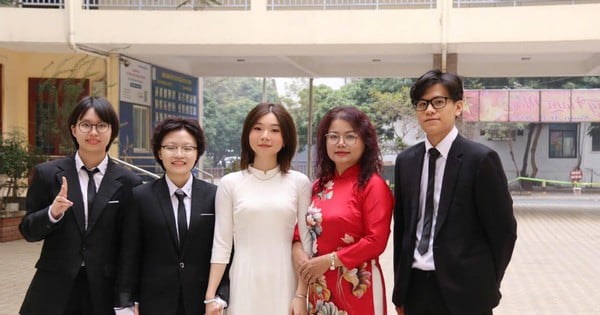















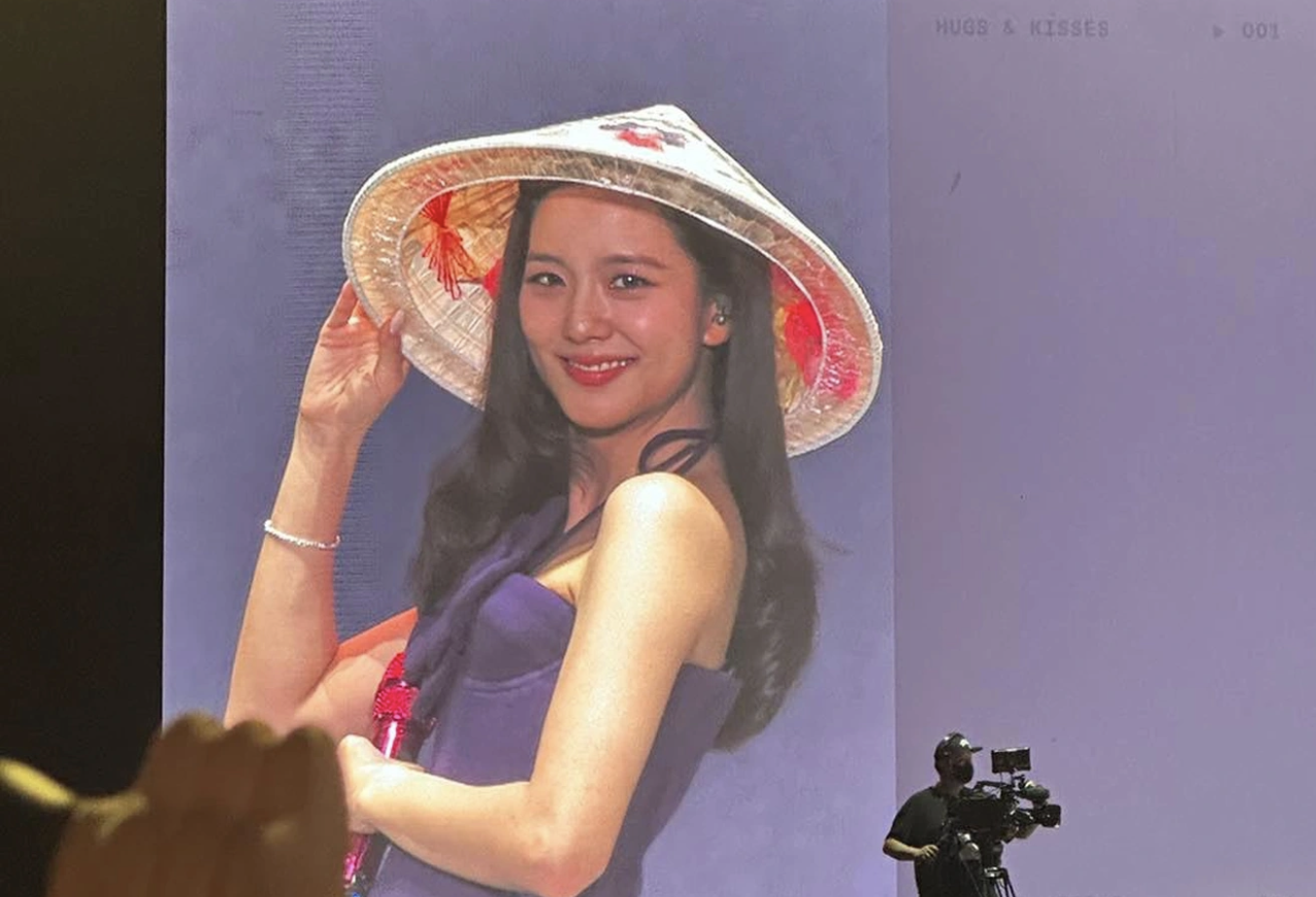








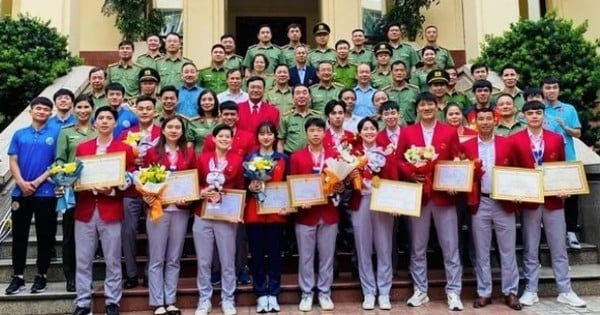



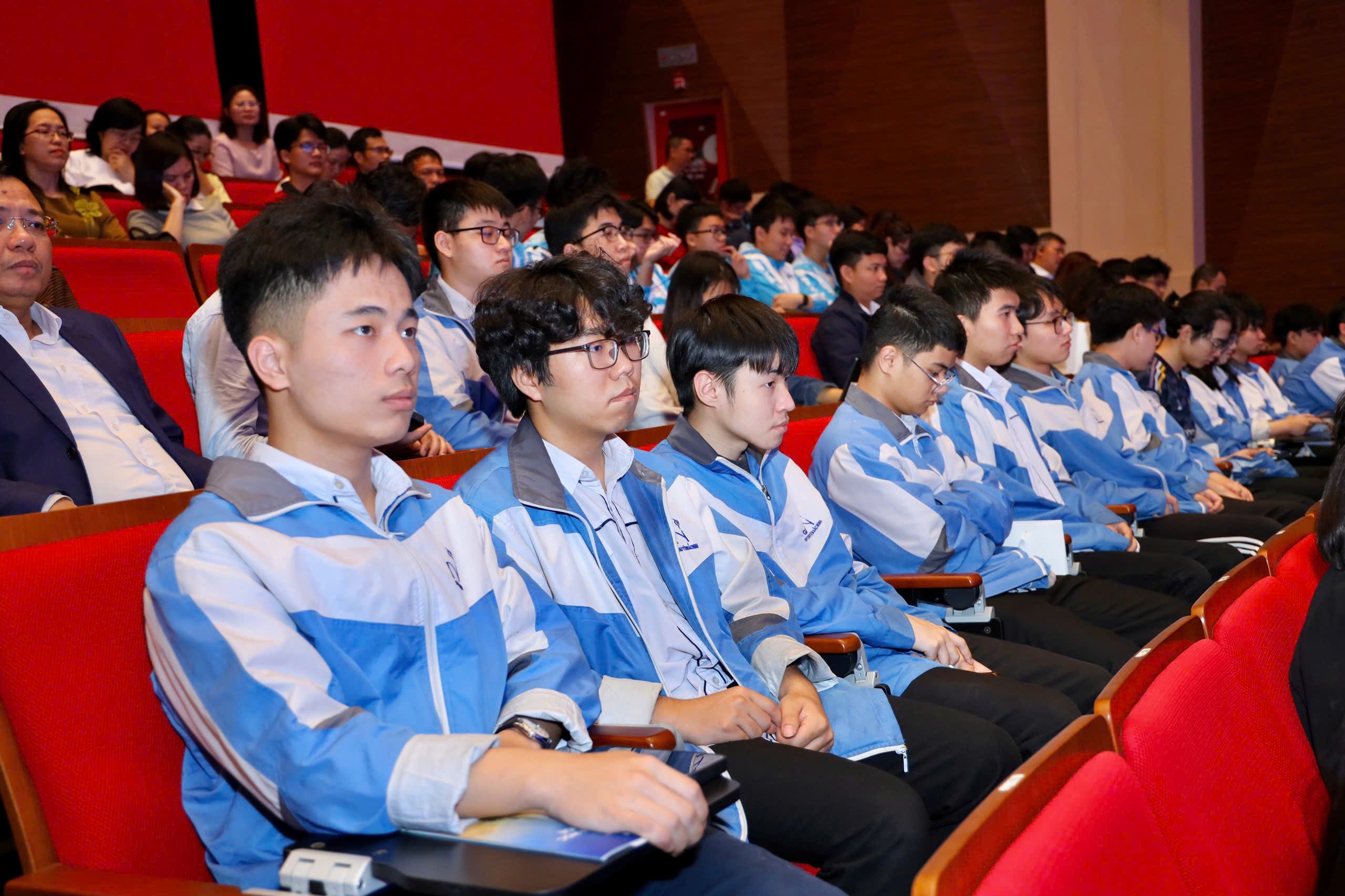

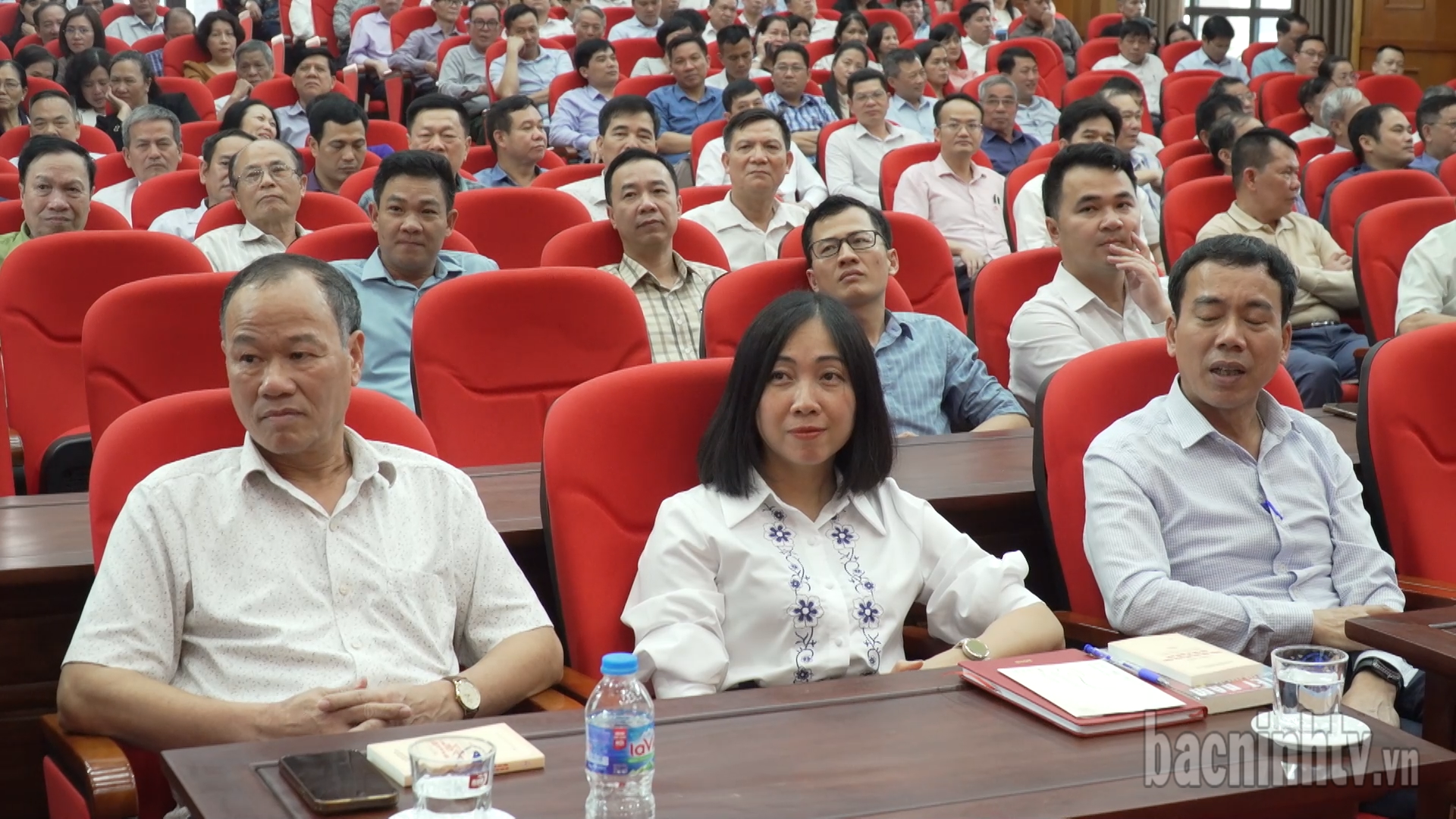



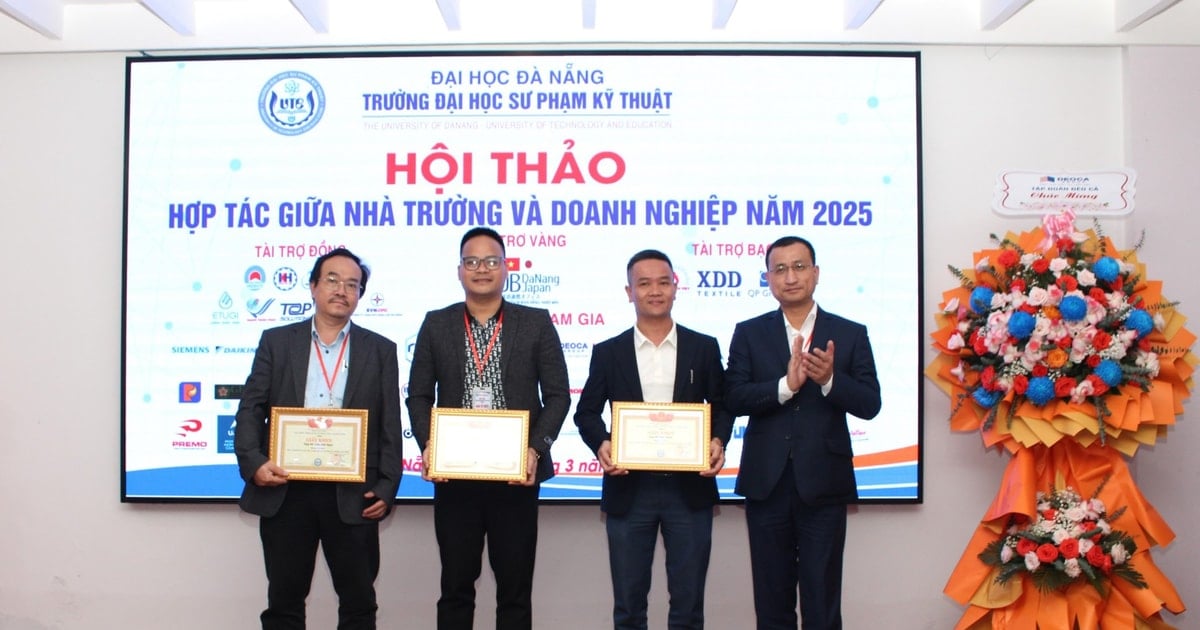













![[REVIEW OCOP] An Lanh Huong Vet Yen Cat](https://vstatic.vietnam.vn/vietnam/resource/IMAGE/2025/3/27/c25032328e9a47be9991d5be7c0cad8c)



Comment (0)